In acknowledgment of Autism Awareness Month, we’re revealing insightful developments about Autism Spectrum Disorder. Despite the striking rate of 1 in 68 children in the US being affected by the condition, there’s a notable lack of awareness about Autism Spectrum Disorder, including its millions of dollars in expenditure, genetic links, and why New Jersey stands as the epicenter for Autism in the US. Discover these and other engrossing truths about Autism in our article – 25 Surprising Autism Facts You Need to Know Now.

Social is Key
 DSM-V, American Psychiatric Association, 2013
DSM-V, American Psychiatric Association, 2013 Autism Spectrum Disorder is not a disorder of intelligence or language, instead it is a disorder based on difficulties with social communication. That means that someone with Autism Spectrum Disorder would have a hard time reading body language or understanding the importance of tone or sarcasm.
There is No Cure
 https://www.autismspeaks.org/what-autism/treatment
https://www.autismspeaks.org/what-autism/treatment There is no cure for Autism; however, there are a number of behavioral therapies that can drastically improve how a person with Autism Spectrum Disorder acts. Behavioral therapies can include speech, occupational therapy, or applied behavioral analysis.
First Described in 1943
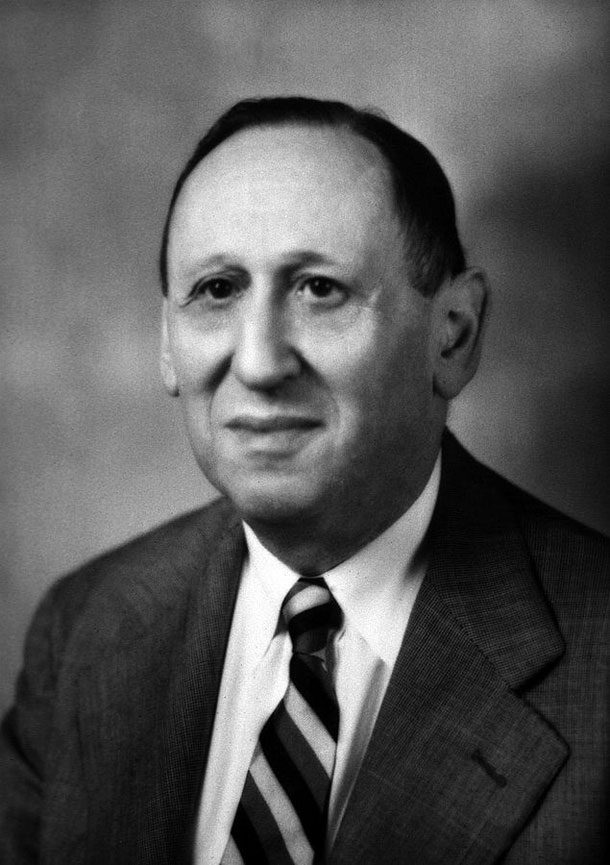 https://www.autismuk.com/home-page/history-of-autism/
https://www.autismuk.com/home-page/history-of-autism/ While Autism has been around for centuries, Dr. Leo Kanner was the first to describe describe “Autism” in his 1943 paper Autistic Disturbances of Affective Contact. Unfortunately, Dr. Kanner did not know everything we now know about Autism, which led to a number of myths about Autism, including the “refrigerator mother” (see #22).
No Refrigerator Mothers
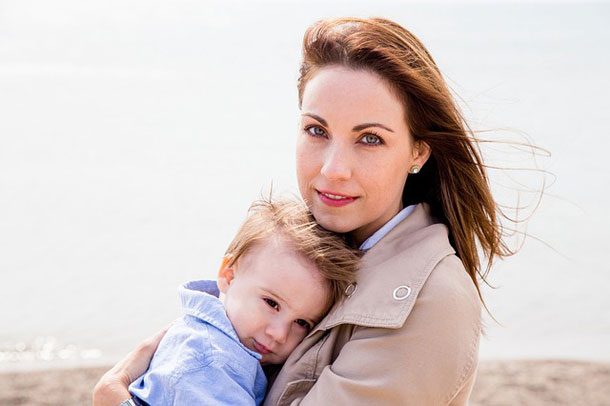 https://www.autismuk.com/home-page/history-of-autism/
https://www.autismuk.com/home-page/history-of-autism/ A long time theory of why Autism happened was the idea of the “refrigerator mother.” This idea was that mothers that were cold and distant from their children caused Autism to develop. This idea has since been shown to be a major myth.
Vaccines Do Not Cause Autism
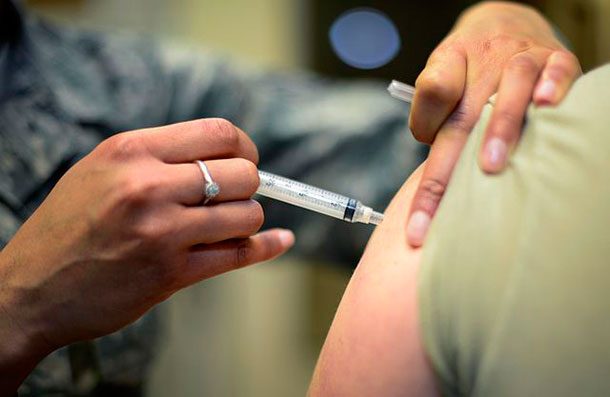 https://www.healthychildren.org/English/safety-prevention/immunizations/Pages/Vaccine-Studies-Examine-the-Evidence.aspx
https://www.healthychildren.org/English/safety-prevention/immunizations/Pages/Vaccine-Studies-Examine-the-Evidence.aspx Despite what you might hear on television, science has shown multiple times that vaccines do not cause Autism Spectrum Disorder. This autism myth is based on a false study of twelve children created by Dr. Andrew Wakefield and is one of 25 common misconceptions that aren’t true.
Late Diagnosis is Common
 Christensen, D. L. (2016). Prevalence and characteristics of autism spectrum disorder among children aged 8 years—autism and developmental disabilities monitoring network, 11 sites, United States, 2012. MMWR. Surveillance Summaries, 65.
Christensen, D. L. (2016). Prevalence and characteristics of autism spectrum disorder among children aged 8 years—autism and developmental disabilities monitoring network, 11 sites, United States, 2012. MMWR. Surveillance Summaries, 65. Sadly, while parents often report noticing differences in their children at a young age, many children are not diagnosed for years. In cases of milder symptoms, Autism Spectrum Disorder can go undiagnosed into adulthood.
More Likely to Have Older Parents
 Durkin, M. S., Maenner, M. J., Newschaffer, C. J., Lee, L. C., Cunniff, C. M., Daniels, J. L., ... & Schieve, L. A. (2008). Advanced parental age and the risk of autism spectrum disorder. American Journal of Epidemiology, 168(11), 1268-1276.
Durkin, M. S., Maenner, M. J., Newschaffer, C. J., Lee, L. C., Cunniff, C. M., Daniels, J. L., ... & Schieve, L. A. (2008). Advanced parental age and the risk of autism spectrum disorder. American Journal of Epidemiology, 168(11), 1268-1276. Autism Spectrum Disorder is much more likely to happen in children born to “older” parents, meaning mothers over 35 or fathers over 40.
30-50% Also Have Seizures
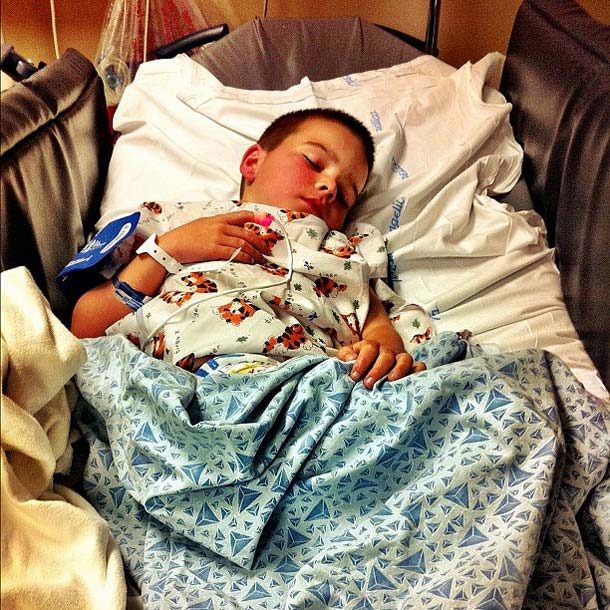 Mannion, A., & Leader, G. (2014). Epilepsy in autism spectrum disorder. Research in Autism Spectrum Disorders, 8(4), 354-361.
Mannion, A., & Leader, G. (2014). Epilepsy in autism spectrum disorder. Research in Autism Spectrum Disorders, 8(4), 354-361. For reasons unknown, 30-50% of people with Autism Spectrum Disorder also have Epilepsy, a life-long seizure disorder.
Autism and Asperger's are the Same
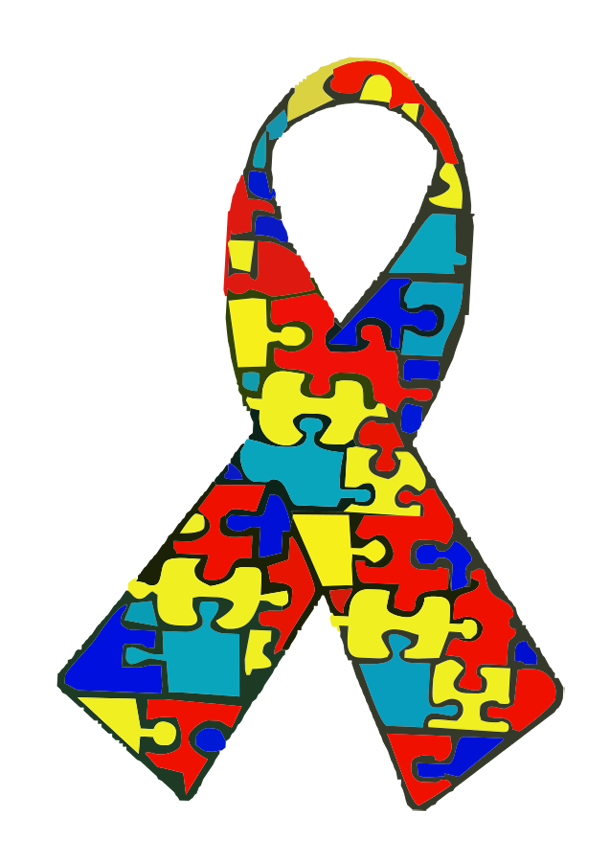 DSM-V, American Psychiatric Association, 2013
DSM-V, American Psychiatric Association, 2013 Autism Spectrum Disorder is the “new” (circa 2013) name for what used to be a collection of diagnoses, including Asperger Syndrome and Pervasive Developmental Disorder. While this Aspergers fact should be old news, many people still have not adjusted to the Autism Spectrum Disorder name.
Can Lead to Focused Greatness
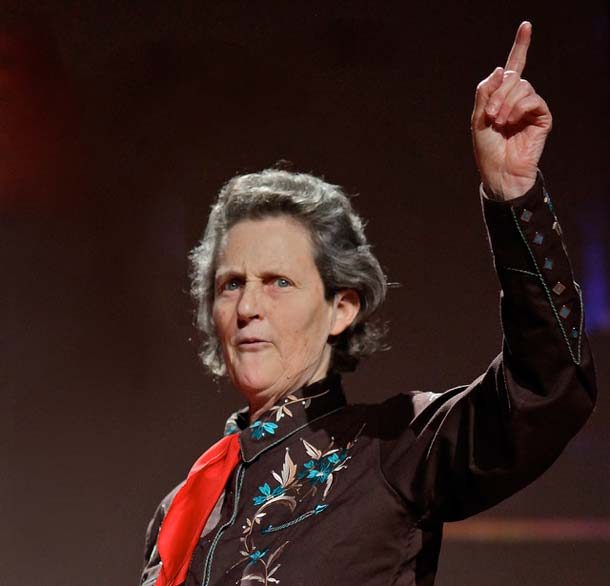 http://www.templegrandin.com/
http://www.templegrandin.com/ While Autism Spectrum Disorder can make it hard to manage relationships, it can also give a laser-like focus to things that the person enjoys. Dr. Temple Grandin, an expert in animal behavior, credits her Autism Spectrum Disorder for her ability to focus on her work with animals. You might want to read more about her and the other 25 super smart prodigies who have trouble doing everyday things.
Early Treatment is Important
 Estes, A., Munson, J., Rogers, S. J., Greenson, J., Winter, J., & Dawson, G. (2015). Long-term outcomes of early intervention in 6-year-old children with autism spectrum disorder. Journal of the American Academy of Child & Adolescent Psychiatry, 54(7), 580-587.
Estes, A., Munson, J., Rogers, S. J., Greenson, J., Winter, J., & Dawson, G. (2015). Long-term outcomes of early intervention in 6-year-old children with autism spectrum disorder. Journal of the American Academy of Child & Adolescent Psychiatry, 54(7), 580-587. While there is no cure for Autism Spectrum Disorder, getting early treatment (speech therapy, occupational therapy, social skills training, and applied behavioral analysis) has been shown to have a major impact on a child’s long term success.
Autism on Sesame Street
 http://autism.sesamestreet.org/video/sunny-days/
http://autism.sesamestreet.org/video/sunny-days/ In a major first, Sesame Street introduced it’s first character with Autism Spectrum Disorder, Julia. If you’re like us, you love her and her other Sesame Street friends.
Wandering is Common
 Anderson, C., Law, J. K., Daniels, A., Rice, C., Mandell, D. S., Hagopian, L., & Law, P. A. (2012). Occurrence and family impact of elopement in children with autism spectrum disorders. Pediatrics, 130(5), 870-877.
Anderson, C., Law, J. K., Daniels, A., Rice, C., Mandell, D. S., Hagopian, L., & Law, P. A. (2012). Occurrence and family impact of elopement in children with autism spectrum disorders. Pediatrics, 130(5), 870-877. All children can wander off, but studies have shown that children with Autism Spectrum Disorder are more likely to wander off into dangerous situations (like near pools, rivers and lakes, or busy streets) than children without Autism Spectrum Disorder.
No Medical Test for Autism
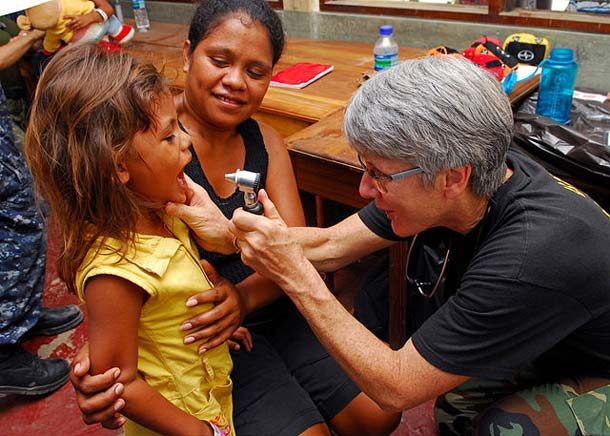 https://www.autismspeaks.org/what-autism/diagnosis
https://www.autismspeaks.org/what-autism/diagnosis As of yet, there is no blood test that can diagnosis Autism Spectrum Disorder. Instead, doctors and other professionals use a number of behavioral tests to see what skills children with Autism Spectrum Disorder do or do not have.
Autism is Everywhere
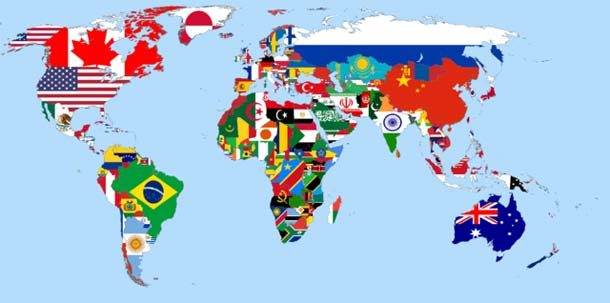 https://www.cdc.gov/ncbddd/autism/documents/asdprevalencedatatable2016.pdf
https://www.cdc.gov/ncbddd/autism/documents/asdprevalencedatatable2016.pdf Unlike many disorders that only occur in some groups of people, Autism Spectrum Disorder has been noted to occur in many different races and ethnicities and across the globe.
Has Nothing to Do with Intelligence
 Christensen, D. L. (2016). Prevalence and characteristics of autism spectrum disorder among children aged 8 years—autism and developmental disabilities monitoring network, 11 sites, United States, 2012. MMWR. Surveillance Summaries, 65.
Christensen, D. L. (2016). Prevalence and characteristics of autism spectrum disorder among children aged 8 years—autism and developmental disabilities monitoring network, 11 sites, United States, 2012. MMWR. Surveillance Summaries, 65. While a number of children with Autism Spectrum Disorder have a below average IQ, almost half (44%) have average or above average IQ’s.
Unemployment is a Major Hurdle
 Roux, Anne M., Shattuck, Paul T., Rast, Jessica E., Rava, Julianna A., and Anderson, Kristy, A. National Autism Indicators Report: Transition into Young Adulthood. Philadelphia, PA: Life Course Outcomes Research Program, A.J. Drexel Autism Institute, Drexel University, 2015.
Roux, Anne M., Shattuck, Paul T., Rast, Jessica E., Rava, Julianna A., and Anderson, Kristy, A. National Autism Indicators Report: Transition into Young Adulthood. Philadelphia, PA: Life Course Outcomes Research Program, A.J. Drexel Autism Institute, Drexel University, 2015. Despite many people with Autism Spectrum Disorder having normal or above average IQ’s, many struggle to find a job.
It's in Your Genes
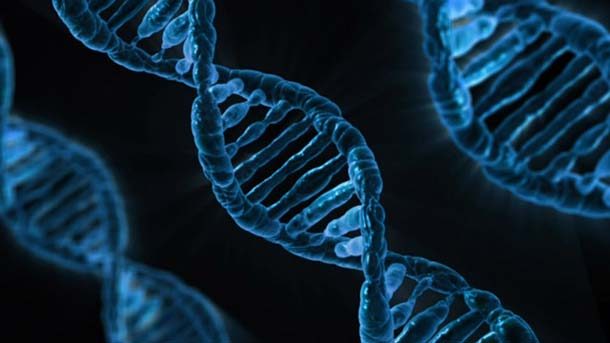 Sanders, S. J., He, X., Willsey, A. J., Ercan-Sencicek, A. G., Samocha, K. E., Cicek, A. E., ... & Goldberg, A. P. (2015). Insights into autism spectrum disorder genomic architecture and biology from 71 risk loci. Neuron, 87(6), 1215-1233.
Sanders, S. J., He, X., Willsey, A. J., Ercan-Sencicek, A. G., Samocha, K. E., Cicek, A. E., ... & Goldberg, A. P. (2015). Insights into autism spectrum disorder genomic architecture and biology from 71 risk loci. Neuron, 87(6), 1215-1233. We can’t yet pinpoint what genes create Autism Spectrum Disorder, but science has shown that there are strong genetic links to Autism.
Much More Common in Boys
 http://njms.rutgers.edu/departments/pediatrics/njas/documents/ADDM2012CommunityReportApril%202016.pdf
http://njms.rutgers.edu/departments/pediatrics/njas/documents/ADDM2012CommunityReportApril%202016.pdf Boys are almost five times more likely to be diagnosed with Autism Spectrum Disorder than girls. While they don’t know exactly why, scientists believe that girls may show symptoms differently than boys, making them less likely to be diagnosed.
New Jersey Has Highest Autism Rate in USA
 http://njms.rutgers.edu/departments/pediatrics/njas/documents/ADDM2012CommunityReportApril%202016.pdf
http://njms.rutgers.edu/departments/pediatrics/njas/documents/ADDM2012CommunityReportApril%202016.pdf For reasons still unknown, New Jersey has the highest rate of Autism Spectrum Disorder diagnoses in the USA. It could mean something is seriously wrong in New Jersey, or it could mean that New Jersey has gotten good at diagnosing this tricky disorder.
Lifelong Care is Expensive
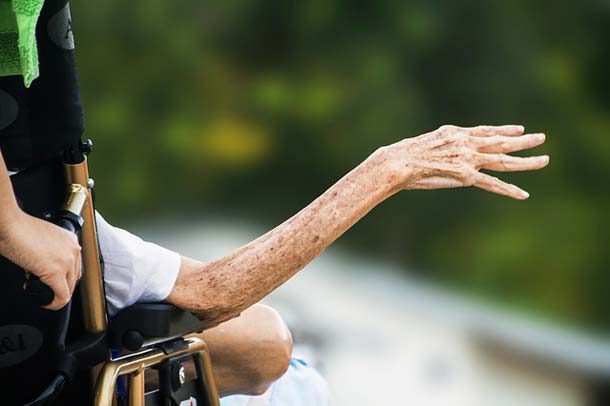 Buescher, A. V., Cidav, Z., Knapp, M., & Mandell, D. S. (2014). Costs of autism spectrum disorders in the United Kingdom and the United States. JAMA pediatrics, 168(8), 721-728.
Buescher, A. V., Cidav, Z., Knapp, M., & Mandell, D. S. (2014). Costs of autism spectrum disorders in the United Kingdom and the United States. JAMA pediatrics, 168(8), 721-728. Probably some of the most surprising autism statistics are the costs for caring for a person with Autism Spectrum Disorder. Over a lifetime, it can range from $1.4 million to $2.2 million.
Care Can Be Much Cheaper!
 Autism. 2007 Sep;11(5):453-63; The economic consequences of autistic spectrum disorder among children in a Swedish municipality.
Autism. 2007 Sep;11(5):453-63; The economic consequences of autistic spectrum disorder among children in a Swedish municipality. While lifelong care for a person with Autism Spectrum Disorder can be expensive, one study suggests that these costs can be more than cut in half with early diagnosis and treatment.
Differences Start Young
 Bryson, S. E., Zwaigenbaum, L., McDermott, C., Rombough, V., & Brian, J. (2008). The Autism Observation Scale for Infants: scale development and reliability data. Journal of autism and developmental disorders, 38(4), 731-738.
Bryson, S. E., Zwaigenbaum, L., McDermott, C., Rombough, V., & Brian, J. (2008). The Autism Observation Scale for Infants: scale development and reliability data. Journal of autism and developmental disorders, 38(4), 731-738. While most children with Autism Spectrum Disorder are not diagnosed until they are preschool aged, differences can be seen in children with and without Autism as early at six months old. For example, babies with Autism Spectrum Disorder do not react to faces the way that babies without Autism Spectrum Disorder do.
More Likely to Die
 Gillberg, C., Billstedt, E., Sundh, V., & Gillberg, I. C. (2010). Mortality in autism: a prospective longitudinal community-based study. Journal of autism and developmental disorders, 40(3), 352-357.
Gillberg, C., Billstedt, E., Sundh, V., & Gillberg, I. C. (2010). Mortality in autism: a prospective longitudinal community-based study. Journal of autism and developmental disorders, 40(3), 352-357. Compared to others their age, people with Autism Spectrum Disorder are 2-5 times more likely to die. This is mostly because of other health conditions more common in Autism (like seizures) and accidents.
Can Live Happily Ever After
 https://www.autismspeaks.org/blog/2015/12/14/10-inspiring-stories-people-autism-2015
https://www.autismspeaks.org/blog/2015/12/14/10-inspiring-stories-people-autism-2015 Despite what many people used to believe, people with Autism Spectrum Disorder can and do live happy lives with the support of their families and community.
We hope you enjoyed learning these surprising secrets about Autism Spectrum Disorder. If you want to learn more or want to donate to Autism research, check out Autism Speaks.
Lists Going Viral Right Now
25. pixabay.com (public domain), 24. pixabay.com (public domain), 23. commons.wikimedia.org(public domain), 22. pixabay.com (public domain), 21. https://commons.wikimedia.org (public domain), 20. pixabay.com (public domain), 19. pixabay.com (public domain), 18. AngryJulieMonday via flickr, CC BY 2.0, 17. I, Drriad, Autism, CC BY-SA 3.0, 16. Steve Jurvetson via flickr, CC BY 2.0, 15. Lucelia Ribeiro via flickr, CC BY-SA 2.0, 14. wikimedia commons (public domain), 13. pixabay.com (public domain), 12. commons.wikimedia.org (public domain), 11. Mason Vank’s Maps, World flag map Version 2.2, CC BY-SA 4.0, 10. pixabay.com (public domain), 9. Alex France via flickr, CC BY-SA 2.0, 8. pixabay.com (public domain), 7. maxpixel.freegreatpicture.com (public domain), 6. commons.wikimedia.org (public domain), 5. pixabay.com (public domain), 4. Tracy O via flickr, CC BY-SA 2.0, 3. Wagner Cesar Munhoz via flickr, CC BY-SA 2.0, 2. pixabay.com (public domain), 1. GlitterandFrills via flickr, CC BY 2.0



























